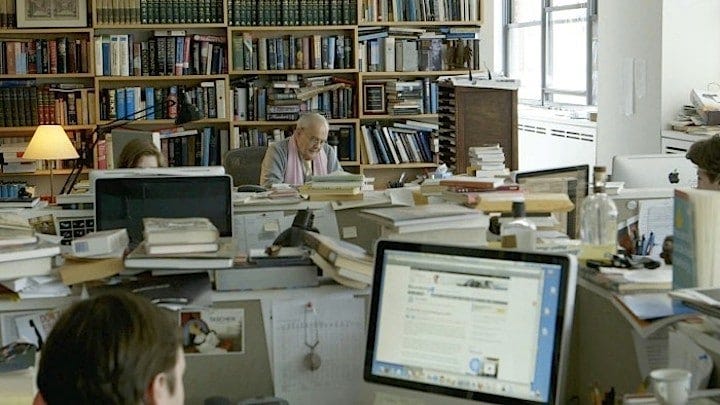Sheffield Doc/Fest Day 4: A New Movie From Martin Scorsese
Sheffield Doc/Fest Day 4: A New Movie From Martin Scorsese

I would have titled this dispatch “New Movies From Martin Scorsese,” plural, but during last night’s Q&A with Steve James (which, yep, I had to fight back tears for), I learned that Scorsese’s off-screen involvement in Life Itself was in lesser capacity than I’d thought. He’s merely an executive …
Keep reading with a 7-day free trial
Subscribe to Nonfics to keep reading this post and get 7 days of free access to the full post archives.



